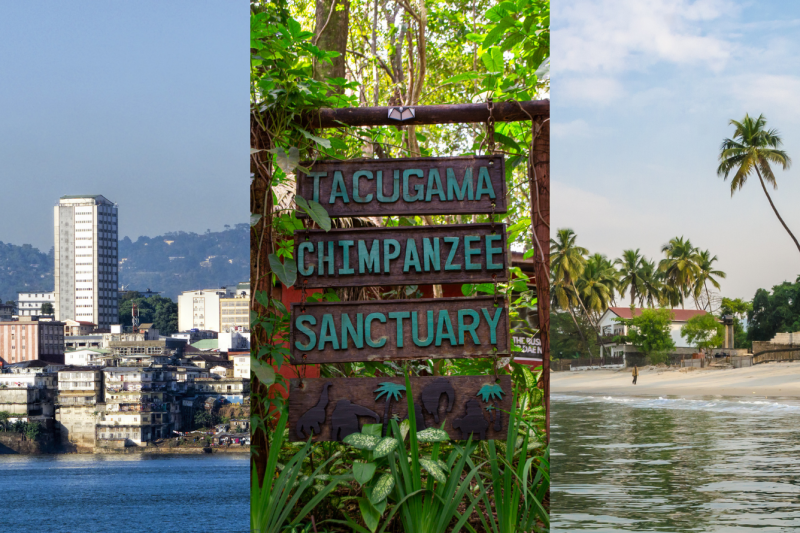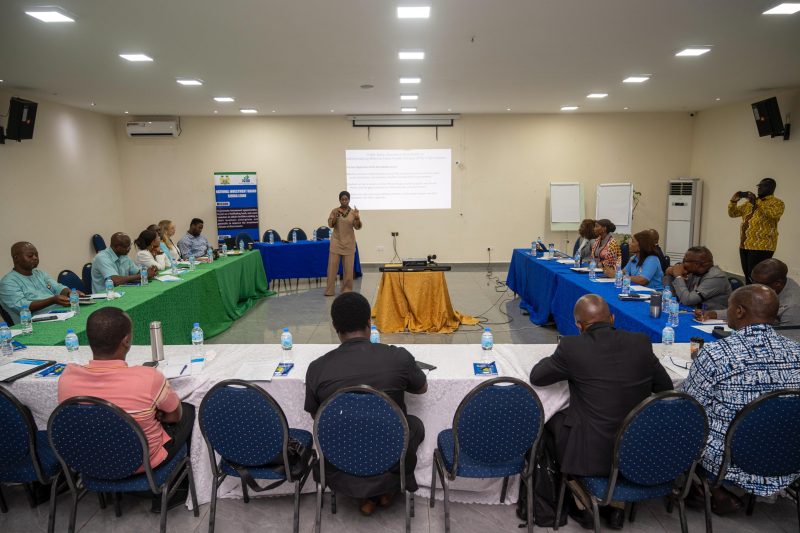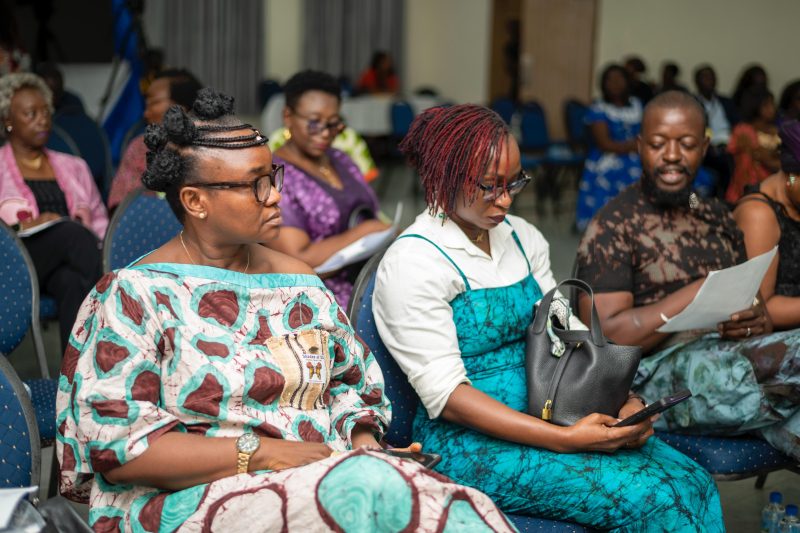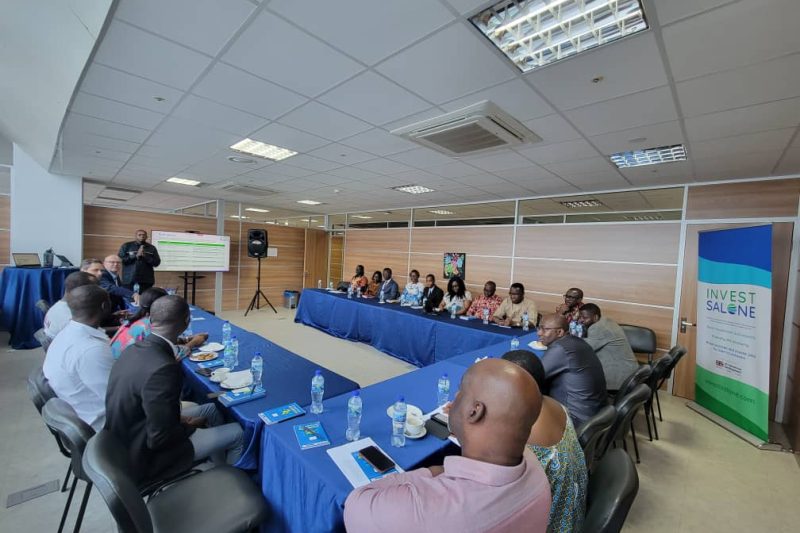In a significant move toward boosting Sierra Leone’s creative industries, representatives from the creative sector and public sector recently met to discuss reforms to copyright and intellectual property legislation.
The meeting was facilitated by Invest Salone, a UK funded private sector development programme in partnership with Creative Hub Africa, Telem Group, Cristex Foundation and Freetown Film Festival. The meeting was part of ongoing engagement with the sector to identify how copyright and intellectual property rights can be strengthened to encourage innovation and protect the country’s rapidly growing creative economy.
Participants highlighted key challenges, including low recognition of the value of creative work, inadequate infrastructure and limited collective action. They also pointed to incomplete or non-existent systems for copyright registration and royalty collection, leaving creators without adequate protection or fair compensation. Concerns over national inclusivity were also raised, with calls to ensure that creatives from across the provinces are included in decision-making processes.
In addition to enhancing the understanding of current copyright legislation in Sierra Leone, the meeting laid the groundwork for a collective management organisation (CMO), which will simplify the process of licensing and royalty collection for both creators and users of copyrighted works. The CMO will act on behalf of all major sectors, including music, fashion, film, theatre, photography, literary arts and performing arts, with board representation proportionate to sector revenue.
Creative professionals have also agreed on the necessity of forming unified sector bodies to liaise with the government and support collective interests.
Government ministries with overlapping responsibilities for intellectual property and copyrights are committed to modernising Sierra Leone’s outdated Copyright Act of 2011. The planned revisions will introduce provisions for digital content, artificial intelligence (AI) and software, reflecting today’s creative and tech industries. The government aims to pass these amendments and accompanying regulations by the end of the year and is calling for creative sector representatives to provide input and feedback.
Building on these discussions, participants summarised several priority action points to accelerate reform and strengthen the creative economy:
- Review and amend the Copyright Act to address gaps in digital rights, AI-generated content, and emerging creative sectors such as textiles and culinary arts.
- Establish a functional and independent CMO, with proportional sector representation, to manage licensing and royalty distribution without undue government interference.
- Organise creatives into formal associations (across music, film, fashion, performing arts, digital media and visual arts) so they can effectively engage with government and the CMO.
- Expand engagement beyond Freetown, ensuring provincial creatives are included in consultations and decision-making.
- Sustain structured public–private dialogues between government and creatives, supported by platforms such as Creative Hub Africa, to maintain collaboration on reforms.
- Research international CMO best practices and align Sierra Leone’s approach with global standards.
- Strengthen inter-ministerial collaboration through a consolidated position paper, ensuring all ministries with copyright responsibilities contribute to reforms.
Ibrahim Sam Johnson, the director of the Office of the Administrator and Registrar-General of the Republic of Sierra Leone, explained that Sierra Leone’s creative industries are a source of cultural pride. However, their growth is constrained by a challenging business environment, inadequate protection, limited access to finance and the lack of reliable industry data. “New GDP figures confirm a major shift in Sierra Leone’s economy – services now lead the way, contributing 44.2% of GDP in 2023 and overtaking agriculture for the first time in years,” Johnson said. “Because effective management of copyright and intellectual property, including understanding ownership and protection strategies, is essential for businesses in the services sector to thrive and maintain a competitive edge, strengthening intellectual property is no longer an option. It’s a necessity.”






